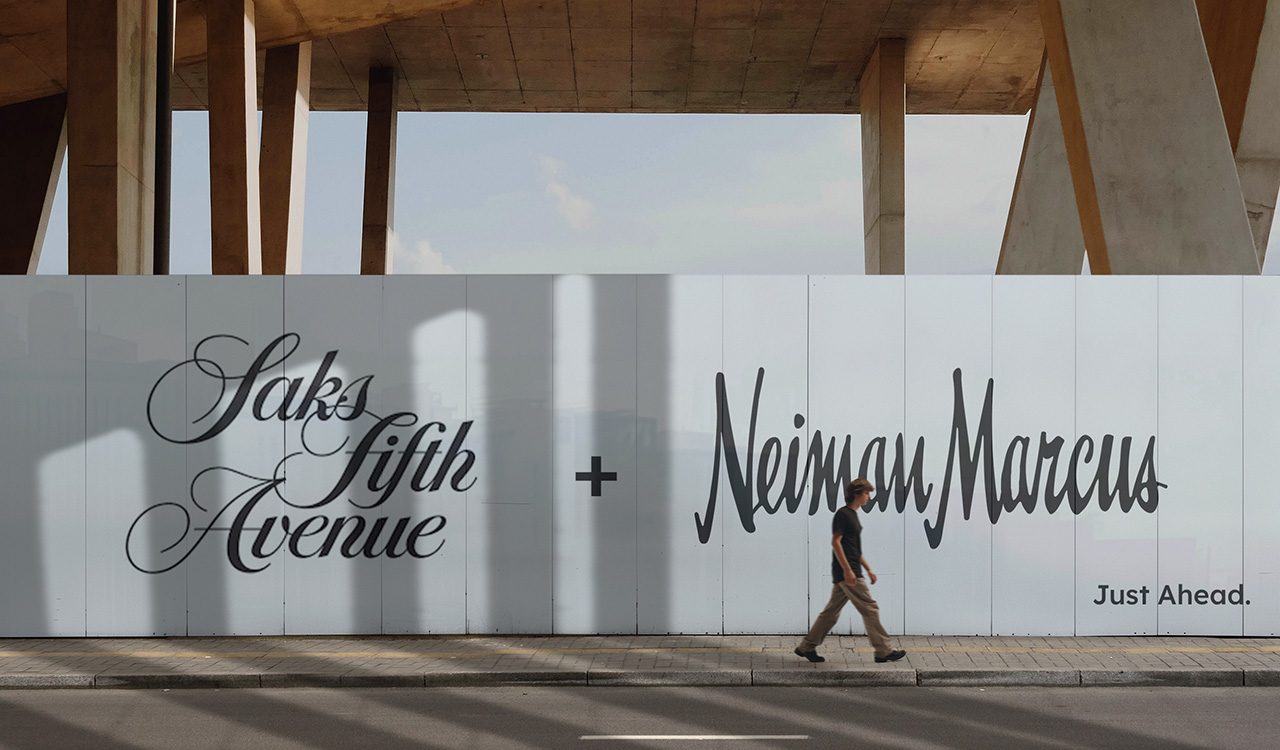If you mentioned the word \”sustainability\” to anybody in the home furnishings business a few years back — hell, maybe even a few months back — chances are you\’d get a smirk, an \”oh-yeah-that\’s-important\” condescending response and a suggestion that it was time to go to Starbucks.
My, how things have changed.
Profits + the Planet
As the entire consumer products industry from factories and marketers to retailers comes to grips with the issue of environmental dangers lurking in the very near-term future, the home furnishings industry is getting with the program. In new materials, the way they are sourced and used, the manufacturing process itself and how products go onto store shelves and into American homes, the industry is finding that sustainability and all the other aspects of eco-friendly practices are not only good for the earth, they are good for business.
[callout]“Circularity is something we see often in the fashion industry but less in the home furnishings space, and we wanted Pottery Barn to continue to be a leader by example.\”[/callout]
Quartz, the online newsletter, reported that climate-related economic damage could reach 10 percent of U.S. GDP by the end of the century. Weather-related losses are up three-fold globally since 1985, putting the entire environmental issue top of mind for American businesses.
It\’s a pretty radical turnaround for an industry that has rarely been known for being kind to mother nature and never met a chemical it didn\’t admire in some way, shape or form. But as retailers in other categories like Patagonia and REI, direct-to-consumer sellers like Everlane and countless other companies jump on the eco-bandwagon (electrically powered now of course), the entire movement has become front and center throughout the home furnishings food chain.
Even gigantic entities not normally associated with climate change are laying out programs to address the situation. Walmart has pledged to be zero-emission by 2040, using renewable energy sources and working to protect or restore at least 50 million acres of land by 2030. \”We want to play an important role in transforming the world\’s supply chains to be regenerative,\” CEO Doug McMillon recently said.
People + the Planet
Last month Amazon launched its Climate Pledge Family program with more than 25,000 products and a new technology that allows shoppers to search for them by a variety of certification labels or sustainability labels. \”With 18 external certification programs and our own Compact by Design certification, we\’re incentivizing selling partners to create sustainable products that help protect the planet for future generations,\” CEO Jeff Bezos said in a statement.
How much is the environment and the entire subject of climate change on the mind of retailers? Last month Lululemon CEO Calvin McDonald told Fortune magazine\’s editor Alan Murray his company \”now has more U.S. stores closed due to environmental risk — fires in the west, hurricane in the Gulf, etc. — than due to Covid.\”
Driven by the rising purchasing power of millennials and Gen Z the idea of earth-friendly products and programs have become big business. A new study by second-hand clothing apparel seller ThredUp found that the number of consumers who plan to shift their spending in the next five years to sustainable brands had increased by close to two-and-a-half times in just a decade. They reported that 70 percent of all consumers \”agree that addressing climate change is more important than ever.\”
Luxury + the Planet
Even the big luxury houses are jumping on the sustainability wagon. Chanel announced two weeks ago it was issuing a $700-million bond on the European financial markets that will fund environment initiatives. As such it joins such other boldface brands as Burberry, VF and Adidas in taking on debt to pay for similar programs. It\’s a major push by companies not known in the past for their attention to the environment. In home specifically, the trend is picking up serious steam.
Home + the Planet
Ikea, the Swedish home furnishings retailer, has always been working the eco-angle — remember their annual campaign to trade in your new used Christmas tree for mulch for your spring garden? — but has gotten more aggressive more recently. It hooked up with digital agency Space 10 to look at the entire home living experience from sustainability to functionality to privacy. \”How can we use technology to rediscover fresh ways of looking at our space, to rethink our environment?\” it asked. Products from this effort are expected to show up from this effort soon.
One of the studios it is working with is European-based Bakken & Baeck, which is experimenting with what it calls \”Home Applications\” that include items from intuitive light bulbs that warn you about air pollution to blinds that automatically close to protect you from harmful UV rays.
Pottery Barn is taking a different approach to the issue of sustainability with the launch of a new program called Pottery Barn Renewed, a line of recycled products made in partnership with The Renewal Workshop. The Workshop takes imperfect and returned Pottery Barn textiles, from bedding to table linens and restores them to like-new quality and they are resold. resell.
\”Circularity is something we see often in the fashion industry but less in the home furnishings space, and we wanted to continue to be a leader by example,\” Pottery Barn president Marta Benson recently said in a report on the program. \”We wanted to go beyond just the materials we use and think about our approach to recycling and reuse. Landfill diversion and circularity are two areas where we had already been working to reduce waste while improving our carbon footprint; however, we also saw opportunities to do more.\”
In the meantime, a whole host of companies involved in making home textiles products are working on programs to address sustainability. They include Supima cotton which has developed a traceability system using DNA to verify product provenance and quality and Indian supplier GHCL which has launched two brands, REKOOP and Cirkularity, that focus on recycled materials. Countless other suppliers have similar programs.
For many companies, the path to environmental responsibility is very much a work in progress. After years — sometimes decades or even longer — of unsustainable practices for products that by their very nature are tricky to make according to today\’s criteria, they are trying to change. Canadian furniture retailer and supplier EQ3 is one such company that admits it\’s tough but that it is working at it. \”EQ3\’s furniture manufactured features water-based finishes, and veneers from environmentally managed forests which are FSC Certified,\” it tells visitors to its website. \”Where we can, we try and reduce wasteful packaging without compromising the safe delivery of a product.
\”We definitely don\’t have all the answers and our steps towards sustainability are simply steps in the right direction. We all have leaps and bounds to make together in order to ensure a healthy planet for our grandchildren. EQ3 wants to do that, and we\’re trying.\”




